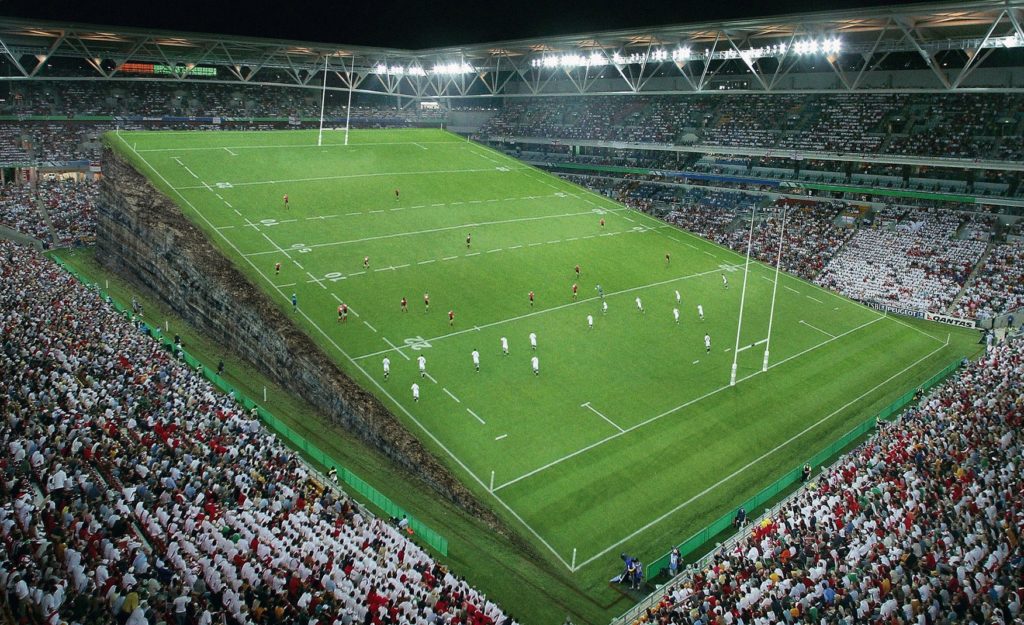Florida Supreme Court Mandates Foreclosure Jurisprudence Be Played On A Level Playing Field Entitling Homeowners to Attorney’s Fees For Faulty Foreclosures
Fri Jan 11, 2019 by Oppenheim Law on Florida Foreclosures, Florida Law News & South Florida Law Blog News

The Florida Supreme Court recently ruled that when a homeowner legitimately defeats the bank in a foreclosure case, regardless of the reason, the bank is required to pay the homeowner’s attorney’s fees.
The Oppenheim Law team recently had the honor of filing a friend-of-the-court brief (otherwise known as an amicus curiae brief) in the case of Glass v. Nationstar, which has now been ruled upon by the Florida Supreme Court in favor of the homeowner. The issue was whether a homeowner in a foreclosure action is entitled to attorney’s fees when the homeowner has successfully disputed the bank’s standing to bring the action. The Florida Supreme Court ruled in favor of the homeowner requiring the bank to pay all attorneys’ fees, from the start of the foreclosure action, all the way to the Florida Supreme Court.
Attorney’s Fees. Florida law has always maintained reciprocity – that is, if a contract contains a provision that entitles one party to collect attorney’s fees if it prevails, Florida Statute §57.105(7) requires the court to award fees to the other party if that party prevails.
When a bank files for foreclosure on the mortgage and the promissory note, there is a typically a provision that entitles the bank to collect attorney’s fees associated with its collection efforts and subsequent foreclosure. Under Florida law, this attorney’s fee provision is clearly bilateral, entitling the other party to attorney’s fees if it prevails instead.
Notwithstanding the clear mandate of Florida’s reciprocal fee law, the banks recently came up with a clever yet ridiculous argument that I would characterize as pure, unadulterated chutzpah. Their proposition was simply that when a bank loses a foreclosure case, and the court determines that it had no business bringing the case in the first place, the court did not have sufficient jurisdiction to impose attorney’s fees on the bank. Although a number of lower, appellate courts had unfortunately bought into this legal fiction, the Florida Supreme Court set them straight by ruling that when there is an attorney’s fee provision in a mortgage, promissory note or any other contract, the court still had the proper authority to force the bank to pay attorney’s fees to the victorious homeowner, even if the homeowner’s grounds for defeating the bank was lack of standing.
Reigning in the Banks. In Glass v. Nationstar, the bank drafted a detailed reverse mortgage which included a fee entitlement provision in its own favor, but not in favor of Ms. Glass. Florida law however, entitled her to collect all of her attorney’s fees when the bank filed a faulty foreclosure action against her. By pursuing what it claimed it had a right to pursue, the bank incurred attorney’s fees which it intended Ms. Glass to pay for, along with her own. When the state court refused to enter a foreclosure judgment against Ms. Glass because Nationstar turned out to be the wrong lender with no standing to sue her, Nationstar appealed the state court ruling, skyrocketing its own attorney’s fees which it ultimately intended to have paid for by Ms. Glass.
After years of fighting for rights it never had in a wrongful foreclosure suit, and the resulting inequities against Ms. Glass, a senior individual, the bank suddenly experienced an epiphany. To the surprise of all, it voluntarily dismissed its appeal.

Picture courtesy Rick Duggins
Being a sore loser however, the bank refused to pay for Ms. Glass’s state court and appellate attorneys’ fees, as mandated under Florida’s reciprocity fee statute. To add insult to injury, the Florida appellate court agreed with the bank. Understandably, this caused Florida’s foreclosure defense firms to get their feathers slightly ruffled. Indeed, I was extremely vocal and critical of some of the courts that were being effectively bamboozled by the banks’ hypocritical argument. That the banks thought that they could bring faulty foreclosure cases without impunity if they lost was terrible on so many levels. It was also bad public policy that encouraged banks and their lawyers to file faulty foreclosure lawsuits they knew or should have known were not enforceable, yet they could do it without any repercussions whatsoever.
I do, as a professional, tip my hat to the banks’ attorneys who came up with this novel idea but at the same time thought it verged on complete disrespect for the rule of law; the idea that we play on a level playing field; and that we play in the sandbox nicely with one another, regardless of the outcome. In short, the banks were really trying to have their cake and eat it too and were effectively playing with loaded dice on a craps table.
Fortunately, the Florida Supreme Court in Glass v. Nationstar made it clear that this argument would not be tolerated in Florida, or in most states throughout the union. Fortunately, the Florida Supreme Court struck down the ruling in Glass v. Nationstar, following the letter of Florida law, and requiring the bank to pay all of Ms. Glass’s attorneys’ fees, from the start of the foreclosure action. Fortunately, the Florida Supreme Court has now spoken on this issue. Homeowners should be relieved to know that if and when they hire foreclosure defense counsel and are victorious, regardless of how and why, the homeowner will be entitled to recover attorney’s fees.
YouTube Watch: Roy Oppenheim Discusses Glass v. Nationstar
From the trenches,
Roy D. Oppenheim


Leave a Reply